There is a growing row between the government and car industry over electric car sales targets which car firms say are too high for current consumer demand.
The government said on Tuesday they would consult on the targets, but would stick to the 2030 deadline for phasing out new petrol and diesel car sales
On Tuesday, Stellantis, the owner of Vauxhall, said it would close a plant at Ellesmere Port - putting 1,100 jobs at risk - due in part to the plan to phase out petrol and diesel vehicles.
Industry body the SMMT called for urgent government intervention to safeguard the sector, warning weak demand for electric cars and the requirement to fulfil sales quotas had " the potential for devastating impacts on business viability and jobs".
Ford, which last week, announced it will cut 800 jobs in the UK over the next three years, said the industry needed customer incentives to boost demand for electric cars.
"The one thing that we really need is government-backed incentives to urgently boost the uptake of electric vehicles, because without demand the mandate just doesn't work," the chairwoman and managing director of Ford UK Lisa Brankin told BBC Radio 4's Today programme.
She said Ford has invested "significantly" in the production and development of EVs, with "well over" £350 million invested around electrification in the UK, adding: "So we kind of need to make it work.".
Business Secretary Jonathan Reynolds confirmed there would be a consultation on the so-called zero emissions vehicle mandate, telling industry figures: "We get it. We get the seriousness of the situation and we get the urgency.”
Under the current mandate, a percentage of the cars that companies sell must qualify as zero-emission.
EVs must make up 22% of a company's car sales and 10% of their van sales this year. For every car sale outside of that, they must pay a £15,000 fine.
It is set to rise to 28% cars and 16% vans in 2025, and by 2030, companies should be ensuring that 80% of the cars are EVs.
There are flexibilities in the system, allowing manufacturers who can’t meet the targets to buy "credits" from those that can.
In practice, this means buying credits from companies such as Tesla or Chinese firm BYD, which build electric models exclusively.
Manufacturers argue that demand for electric cars has not been as high as was expected when the rules were drawn up.
As a result, to avoid fines, they say they are having to discount new vehicles heavily, or subsidise rivals that build electric cars only, none of whom have a manufacturing base in the UK.
Sales of electric cars have been increasing. In October, they made up nearly one out of every four cars registered. However, industry sources insist this is largely down to unsustainable discounting.
At a Society of Motor Manufacturers & Traders (SMMT) annual dinner, Reynolds said told the audience he is “profoundly concerned” about the way zero emissions policies currently operate.
“I’m going to be frank with you. I don’t believe the policies that we have inherited, and I mean specifically in relation to zero emission vehicles, are operating today in a way anyone intended them to," he said.
“In fact, I am profoundly concerned by how that is working at the moment.”
He said: "We know you need certainty and that’s why we will fast track that consultation, giving you clarity on the direction of travel and ensuring you have the answers you need in the coming weeks."
At a meeting last week with Reynolds and Transport Secretary Louise Haigh, car firms called for more flexibility to be built into the regulations.
Nissan, which builds EVs at its plant in Sunderland, has said the rules are "undermining the business case for manufacturing cars in the UK, and the viability of thousands of jobs and billions of pounds in investment".
A number of options have been suggested to change the EV sales rules, including adding flexibility by allowing sales credits to be transferred between cars and vans, giving credit for British-made EVs sold abroad, or new incentives to encourage private buyers to choose EVs.
In its manifesto, Labour insisted it would bring forward the target date for ending sales of new petrol and diesel cars to 2030. It is understood that target is still seen as non-negotiable, and the annual quotas will not be changed.
While the government is willing to alter the mandate in other ways, it wants the industry to reach broad agreement on what those changes should be.
Haigh said earlier this month that the government will look at "flexibilities" but insisted that "the mandate will not be weakened".

 Movie
Movie 1 month ago
35
1 month ago
35 
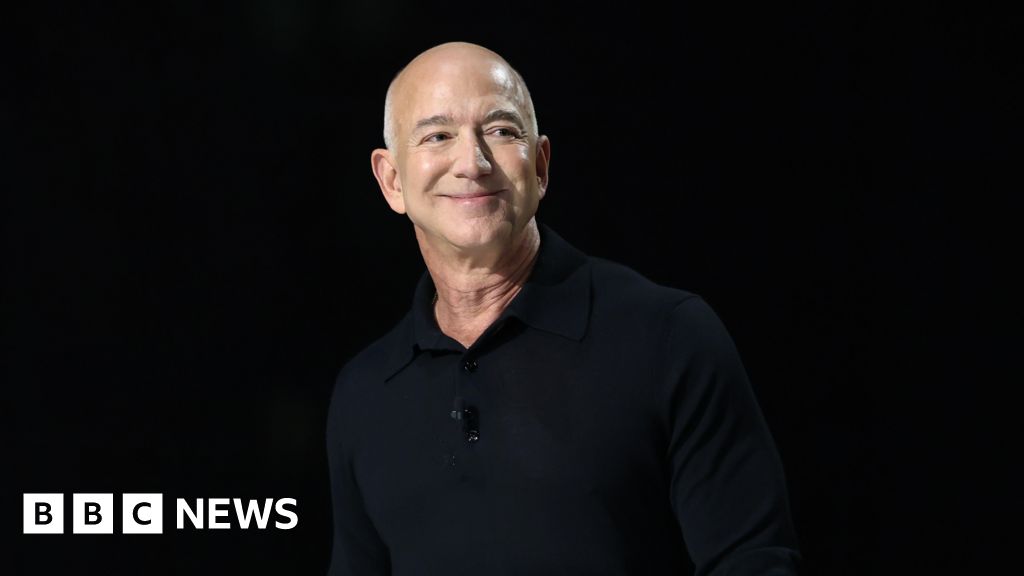
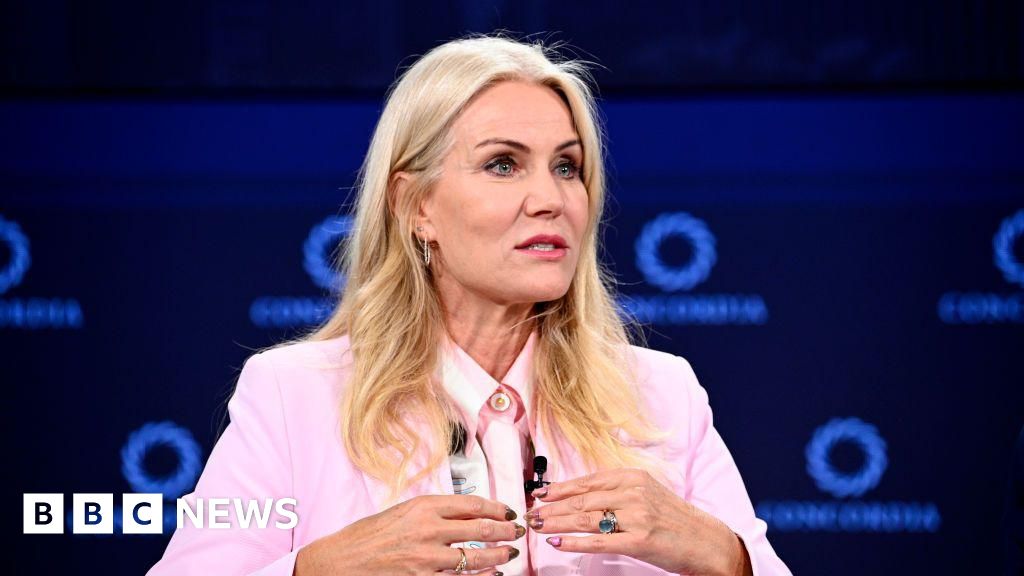
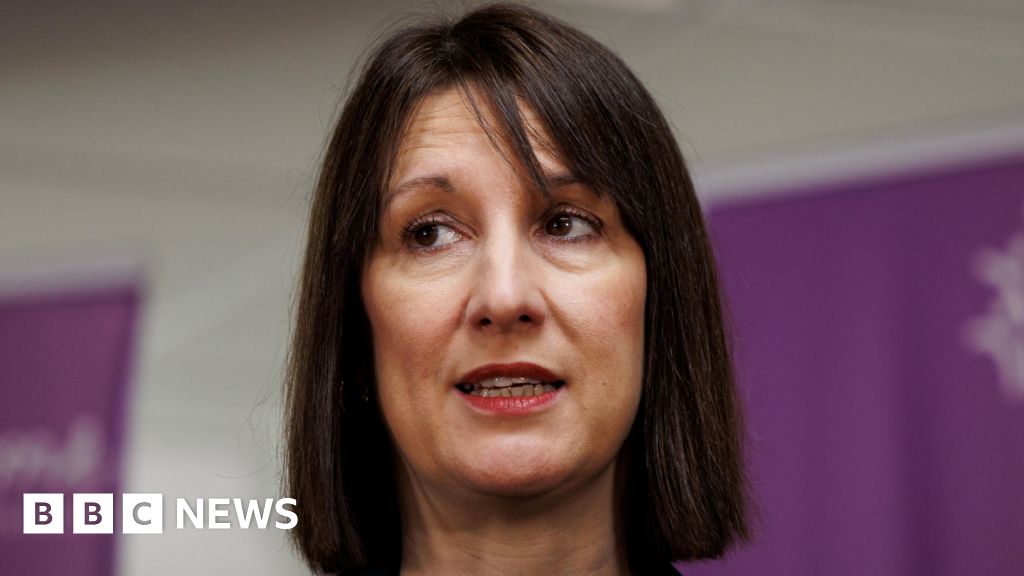
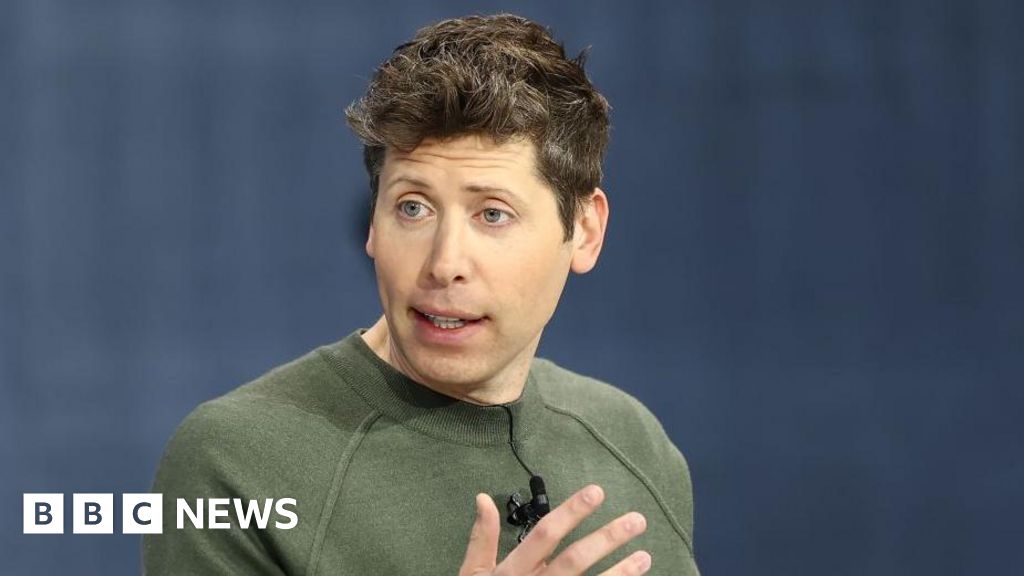
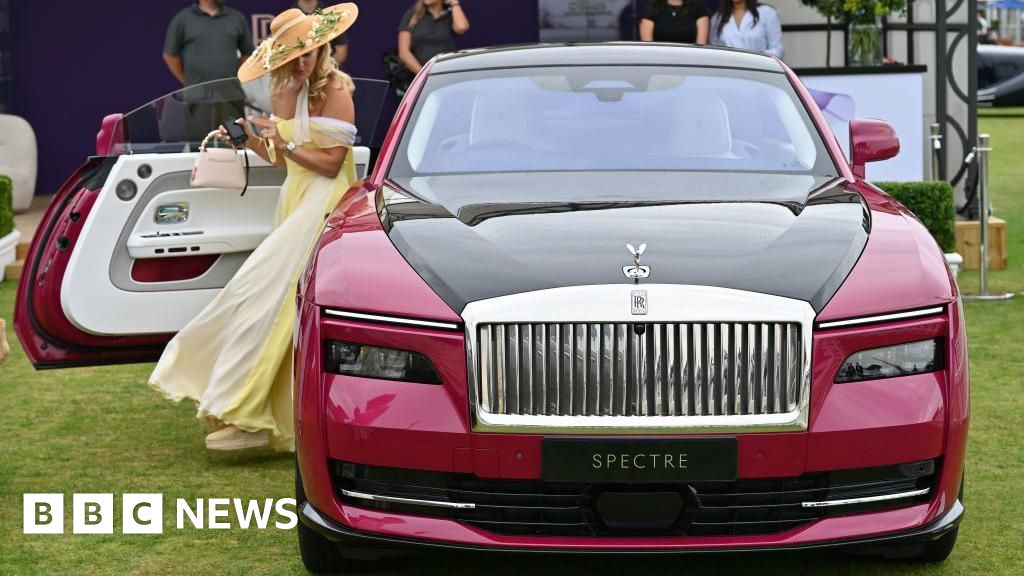

![Presidents Day Weekend Car Sales [2021 Edition] Presidents Day Weekend Car Sales [2021 Edition]](https://www.findthebestcarprice.com/wp-content/uploads/Presidents-Day-Weekend-car-sales.jpg)



 English (United States)
English (United States)